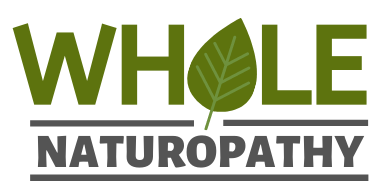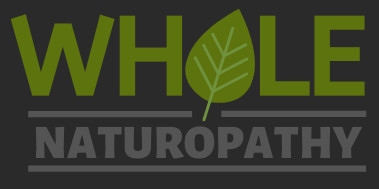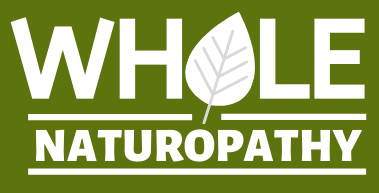
An easier transition into menopause
Traditionally in many cultures menopause was celebrated as freedom from childbearing and a sign of wisdom. Sadly in our culture many women struggle with the loss of youth, it can be good to be reminded to enjoy this stage of life and look for some positives.
The average age for menopause is 51, and by definition is 12 months with no period. Perimenopause is the transition stage and usually occurs from age 45 to 55. Changes occur due to changes to main female hormones: oestrogen and progesterone. Oestrogen is the ‘strong’ hormone, it has a role in strengthening bones with calcium, and during perimenopause the levels fluctuate. Progesterone is the ‘calming’ hormone, it relaxes the nervous system, and in perimenopause the levels drop. During the reproductive years, these hormones generally create balance and after menopause, even though much less of each of these hormones are produced, they are also in balance. It’s unbalanced ratio in perimenopause that causes the symptoms of increased anxiety, unstable mood, changes to the menstrual cycle, and hot flushes.
PMS
Premenstrual syndrome (PMS) is often due to a drop in oestrogen and often women who had PMS previously can find symptoms to be worse or last longer in perimenopause. But there’s something easy that can make a big difference: phytoestrogens. This is a group of foods that are chemically similar to the hormone oestrogen and when consumed help to modulate oestrogen levels. Phytoestrogens are found in soy products, linseed, as well as other seeds and legumes, eating these foods can help to offset the fluctuating oestrogen levels.
Stress
Often the first sign of perimenopause is higher stress levels due to the loss of progesterone. Rather than try to fight the hormonal changes, find activities that you can do each week that you find relaxing or fun. Magnesium is a great nutrient for calming the nervous system: magnesium citrate or magnesium glycinate are the best forms.
Short cycle
The early stages of perimenopause can also be characterised with a shorter menstrual cycle and very heavy periods, be sure to have your iron levels checked if this is the case, as low iron can lead to exhaustion. There are herbal medicines that do well at regulating the cycle, and a naturopath or herbalist can help with this.
Hot flushes
Hot flushes occur due to the fluctuating oestrogen levels and can be somewhat regulated with phytoestrogens. Sage is a great herb for hot flushes with excessive sweating, and whilst it can be consumed as a tea (chilled), capsules may be more convenient. Homeopathic Amyl nit can be taken with each hot flush to reduce the severity, especially in severe cases such as waking to saturated sheets from sweat, or being unable to regulated body temperature afterwards.
Osteoporosis
After menopause, due to the reduced oestrogen levels, women are at higher risk of osteoporosis. Adequate consumption of calcium in foods such as dairy, soy, tinned fish with bones, nuts and seeds are important in the diet. Vitamin D is required to move the calcium into bones, so time should be spent outside each week as this vitamin is made by your skin, but not long enough for sunburn. Weightbearing exercise increases bone density and 30 minutes of exercise is day is recommended.
There is so much that can be done naturally to support the transition to menopause. If you would like further individual help, you can book an appointment with us.




